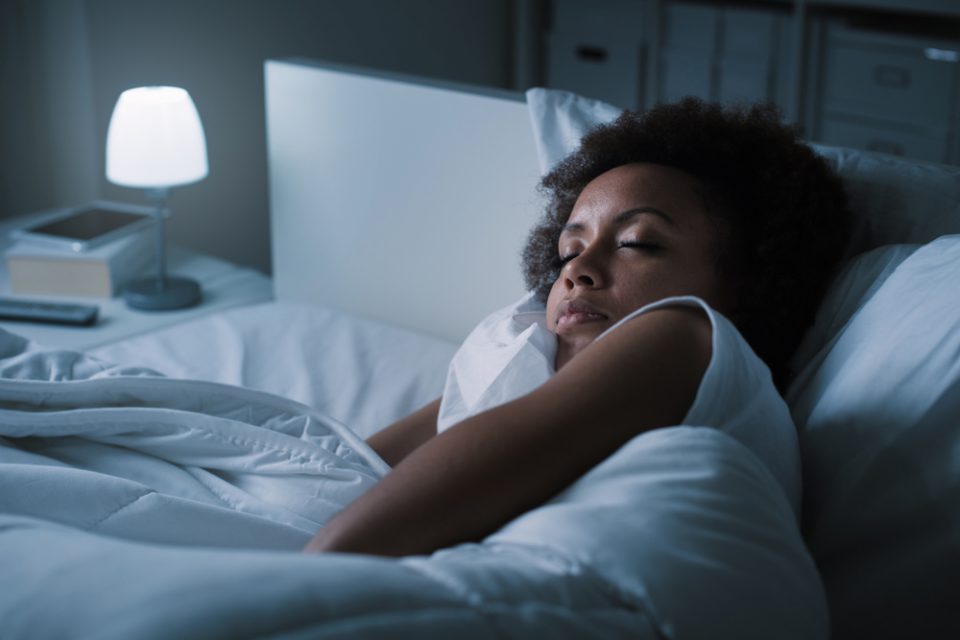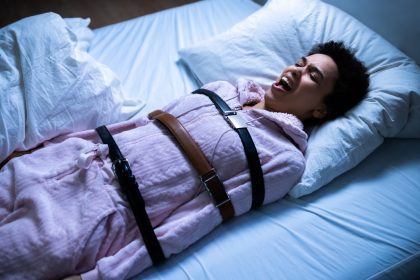
There are five telltale symptoms that are indicative of an underlying sleep disorder. If you are experiencing any of these symptoms, it is a good idea to get a sleep study done.
1. Get a sleep study done if you are experiencing any of the following symptoms:
If you are experiencing any of the following symptoms, it is important to get a sleep study done as soon as possible:
– Difficulty staying asleep
– Waking up frequently during the night
– Excessive daytime sleepiness
– Snoring
– Witnessing your partner snoring
– Chronic fatigue
2. Difficulty falling asleep or staying asleep
Insomnia is a sleep disorder that is characterized by difficulty falling asleep, difficulty staying asleep, or both. Up to 30 percent of adults in the United States report difficulty sleeping at least a few nights per week. Insomnia may be caused by a variety of factors, including stress, anxiety, medications, or health conditions.
3. Snoring or pauses in breathing during sleep
Many people snore during sleep, but pauses in breathing are also common. In some cases, these pauses can be a sign of a serious sleep disorder called sleep apnea. Sleep apnea causes the airway to become blocked, preventing air from getting to the lungs. This can lead to dangerous health problems, such as heart attack or stroke. If you think you might have sleep apnea, see a doctor.
4. Excessive daytime sleepiness
I was diagnosed with narcolepsy when I was a junior in college. It was a huge shock because I had never heard of the disease before and I didn’t know anyone who had it. I was also dealing with the stress of my final year of school and trying to find a job. Narcolepsy has definitely made my life more challenging but I’ve learned to adapt and manage my disease.
One of the biggest challenges for me is managing my excessive daytime sleepiness. This can be extremely frustrating because it often makes it difficult for me to stay awake during the day. I have to be very careful about how I plan my day and make sure I allow for plenty of time for naps. I also have to be careful about the foods I eat and the amount of caffeine I drink.
There are days when I’m just so exhausted that I can’t do anything. All I want to do is sleep but I know that if I take a nap I’ll be up all night. It’s a balancing act but I’ve learned to cope. I’ve also learned that I’m not alone. There are other people out there who are dealing with the same challenges that I am. I’ve found strength in the community of people who understand what I’m going through.
5. Waking up unrefreshed
If you’re like most people, you wake up most mornings feeling tired and unrefreshed. You may not even realize how tired you are until you try to do something active, like go for a run. But what’s the cause of this fatigue? And more importantly, what can you do to fix it?
There are a few things that could be causing your fatigue. For one, you may be sleeping too much or too little. Or you may not be getting quality sleep. You could also be dealing with sleep apnea, restless legs syndrome, or another sleep disorder.
If you’re having trouble sleeping, there are a few things you can try. Make sure your bedroom is dark, quiet, and cool. Avoid watching television or using electronic devices in bed. And try to establish a regular sleep schedule.
If you think you may have a sleep disorder, talk to your doctor. There are treatments available for most disorders, and getting treatment can help you feel more rested and energetic.
6. Difficulty concentrating
I have always been a very focused person. I could sit down in front of my computer and work for hours on end without taking a break. But over the past few months, I have been having trouble concentrating. I’ll be in the middle of typing an email and suddenly, my mind will start to wander. I’ll get up to go to the bathroom and when I come back, I have no idea what I was doing before.
I’ve tried to chalk it up to stress, but even when I’m not particularly stressed out, I have trouble focusing. I’ve tried different ways to combat this, but nothing seems to work. I’ve tried drinking more water, taking breaks more often, and even turning off my phone, but nothing seems to help.
It’s been really frustrating because I’ve always been a good student and I like to be able to focus on my work. But now, it feels like I can’t do anything right. I’m constantly distracted and I can’t seem to stay on task. I’m really starting to worry that this is going to affect my grades.
There are many benefits to having a sleep study done. Some people may think that a sleep study is only for diagnosing sleep disorders, but that is not always the case. A sleep study can help improve your health even if you do not have a sleep disorder.
There are many things that a sleep study can do for you. It can help to diagnose a sleep disorder, but it can also help to identify other health problems that you may not have known about. A sleep study can help to improve your sleep quality, which can lead to better overall health.
If you are struggling with sleep, it is worth considering a sleep study. It can be helpful to talk to your doctor about whether or not a sleep study is right for you. There are many benefits to having one, and it can be a valuable tool in improving your health.














